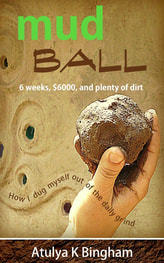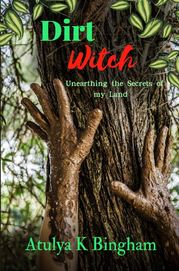|
How to avoid creating a living hell out of your paradise “Do you feel the change?” The ash tree croons. “Can you sense it? We’ve turned a corner.” I stroke her rough old bark and look up into the hydra of her boughs. She’s a multli-armed diva clutching fresh clusters of sprouting leaves like green castanets. She’s right. I felt it too. We’ve moved into another phase. Things are happening now. The sun has filled my land, stuffing everything with photons. The slope is a flower-spattered delight. And the speed at which the vegetation grows is almost terrifying. May in Asturias is a lot like the Devonian era. Burdock leaves have suddenly reached my thighs, while grass, ferns, nettles and brambles are bursting and sprawling and spreading across the land. The first thought one might have is: “It’s out of control.” And that would of course be true. I stifle the urge to fetch the sickle. Because even a wilderness loving mud hag like me can feel a tremor of panic at the rampant growth. “Ooh the grass, ooh the brambles, the ferns! They’re everywhere!” Normally this is the time the lawnmowers hit the green. Or the strimmers. Or some other eardrum-murdering, fuel-devouring, small-creature-ripping device. I’ve watched them on the verges of the towns, ear mufflers on, clipping life into neatly manicured squares. As the ‘untidiness’ is strimmed away, every wild flower the bees and other insects depend upon is swiftly decimated in one afternoon, while the rest of us are gifted a headache. Oh how we humans love to turn beauty into hell. But how to cut the grass? It’s become a lazily unquestioned habit to assume that machines are easier and faster than anything else. Nowhere is this so patently wrong as with strimmers and grass. They are inefficient, slow, noisy, heavy and clumsy to use, nerve-wracking and expensive. For the doubters, watch this entertaining video of the annual strimmer versus scythe competition in Somerset. The UK is a hotbed of traditionalist grass cutting. Would you expect to find a scything association anywhere else? Yet is even scything necessary? As I scan my expanse of ungovernable fertility, I begin to wonder how we moderns turned into such control freaks. It’s odd. Why this fear in the face of the prolific power of nature? What do we suppose will happen if we don’t ‘control’ it? But what about the brambles? The weeds? The endlessly growing grass? Won’t it...take over? These are common worries rattling around the busy conduits of most land owners’ minds. Many people refuse to buy larger plots for fear of not being able to manage it all. I think I harboured the same anxiety at one point. Five years alone on a Turkish hill taught me a thing or two about managing, though. For the most part, the less you do of it, the better. So the grass grows. But unless you need to use that particular area (and we’ll come to that in a minute) what difference does long grass make to anything? Either cows will come and eat it all, or winter will come again and it will die back. And even if it kept on growing forever and ever into the sky...would that matter really? Really? Actually it would matter a lot. But not to us. For the millions and millions of creatures that thrive in untamed meadows and woods – bees, beetles, ants, spiders, snakes, lizards, skinks, rodents, moles, hedgehogs – who feed the wild cats, raptors, badgers, foxes, wolves, you not managing your space is a life-saving measure. The Control and Productivity Disease We’ve all been infected by the control disease, though the symptoms vary from person to person. Some control freaks are perfectionists, some of us suffer a misplaced sense of responsibility for everything, and then there are the greedy types who really do want to exploit everything for their own ends. More often than not all three of these strands are fused together in differing degrees within us. On top of that, we’ve also grown up in a world where we’ve been taught that everything and everyone has to be ‘productive’. The constraints for this productivity are exceedingly narrow. Productivity in the modern capitalist sense never seems to refer to anything other than money made and quantities of products generated. The quality, beauty, intelligence, kindness, peacefulness or longevity of a thing is necessarily excluded from the calculation. What does this mean for homesteaders, gardeners and land owners? As a result, when most people greet a beautiful piece of land for the first time, what do they do? They immediately start stressing out about how to control it and make it ‘productive’. Thus Farmer Manish or Homesteader Julie kill themselves and their Eden by planting huge orchards or growing way more crops than they need, which in turn require outhouses to be stored in, plus pickers to pick, and vehicles to be transported to market in. Before you know it profit margins are calling the shots, panic and pesticides appear. It’s hell all over again. Turning paradise into a nightmare is more common than you might imagine. Moving my eyes upwards, I watch the sea mist rolling over the rocky crown of the sierra. Those peaks are an ancient rampart, the frontline against the chaotic Atlantic weather. As I stare, I can feel the choppiness of my mind. There are thousands of voices within it, none of them mine. Words and ideas I’ve absorbed from all and sundry, the majority of whom didn’t know what they were talking about. The problem is not the grass or the size of the land. The toxic root of the trouble is our limited way of thinking. Our indoctrination. The only way we can live beautiful lives is to start unpicking our neurotic thoughts. To start questioning. Everything. Why does the land have to be productive, for example? And what does that mean? Nature is already productive. It’s already perfect. We, on the other hand, are ill. Not bad. Not evil. Just ill. And until we’re healthy, we continue to enslave both ourselves and everything we come into contact with. It doesn’t have to be this way though. At all. How to Surthrive? There is a difference between control and responsibility. It’s a subtle difference. And subtleties are usually lost in our world of cheap slogans and sound bites. As any recovering codependent will tell you, the remedy for control freaks is to become crystal clear about boundaries, about where your areas of responsibility are, and where they are not. When I entered my land, this was why I spent a year getting to know it before making any major decisions. Because while I’m guardian of a hectare, I don’t need all that for myself. I don’t even need half a hectare. 1500 metres is ample for me to grow the vegetables I eat, the fruit trees I’d like, and still have oodles of living space. Thus I felt it out. Where was the sun? Where was the water? Which areas were sheltered (better for plants that like warmer weather)? Which areas felt like they wanted to be left alone? Which areas were simply so beautiful I wouldn’t want to change them? Where was the privacy? Where was the shade? Where did the wild cat like to hunt? Where did the wild irises bloom? And crucially, where do all the delicious weeds I love to forage grow? I allowed all my senses to absorb my new world. I sat with it. Smelt it. Watched it. Heard it. And I became clear, very clear: I clarified which was my space, which was nature’s space, and where the overlapping zone was in that Venn diagram. My space My territory is the part I ‘manage’. It’s the zone where I may cut grass and lay down paths. The area where I build huts, or plant vegetables. This is the area of my responsibility. And I can tell you now, you will make your life a lot easier if you keep that area relatively small, because every step you walk is going to count. Nature’s space This is the rest of my land, and it doesn’t need much managing. I don’t worry if it becomes overgrown, because that’s part of its beauty. It’s the area where I may wander and listen to what nature would like. And I trust that what nature wants is going to be good for me too at some point, because we are neighbours and we help each other out. I may abstain from entering some parts altogether, leaving them instead untouched for flora and fauna. Other parts are communication spaces, or meditation zones. My advice for people wanting to earn a living from their land Even if you want to begin a market garden, you don’t need anything like the space you think you do. For your own sake, keep your area for cultivation small. Listen to Oliver Goshey’s super podcast, which discusses this among other things, because they had the same experience (three people ran a sustainable permie enterprise on just half an acre). You can grow an enormous amount in a very small space if you organise your system well. As Oliver says, “the larger your area, the less efficient it becomes.” It will cost you more time, energy and money to maintain, because your Eden is your mirror, and just as you enslave it, it will enslave you back. As for the rest of your terrain, why not let it be? Become its guardian rather than its task master. Give something back to the planet that provides for us all. Leave a space for wildlife, for thistles and weeds. Leave a space for Gaia. More info on the beautiful art of scything:
https://www.lowimpact.org/lowimpact-topic/scything/ https://www.thetimes.co.uk/article/the-trim-reaper-m7zjw7k8s http://scytheassociation.org/ More info on leaving areas to nature:http://marymary.ie/we-are-the-ark It's hard work keeping The Mud Home going while I build a roof over my head. I could never manage it without my paid virtual help. So if you find meaning or inspiration in this blog please consider contributing on Patreon. For just $2 a month you have access to my private news feed where I post updates and thoughts I don't wish to share with the world at large, plus a monthly video from my land. Many, many thanks to the dear Mud Sustainers and all those already supporting on Patreon for helping to fund this website and enabling it to continue.
10 Comments
|
Atulya K Bingham
Author, Lone Off-Gridder, and Natural Builder. Dirt Witch
"Reality meets fantasy, myth, dirt and poetry. I'm hooked!" Jodie Harburt, Multitude of Ones.
Archives
November 2022
Categories
All
|

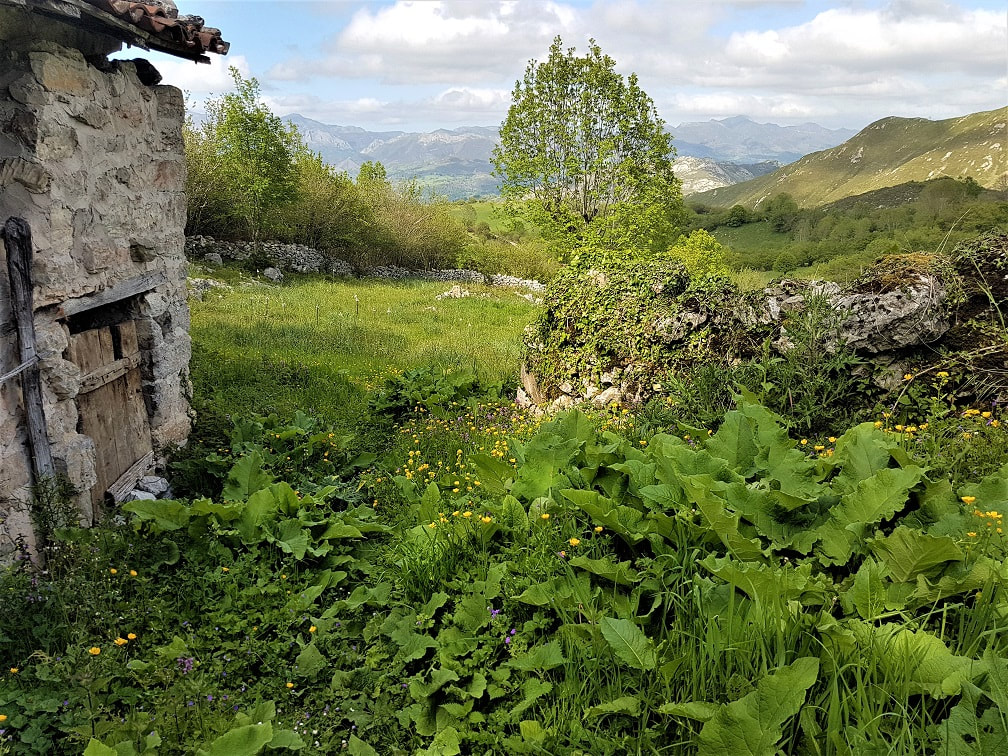
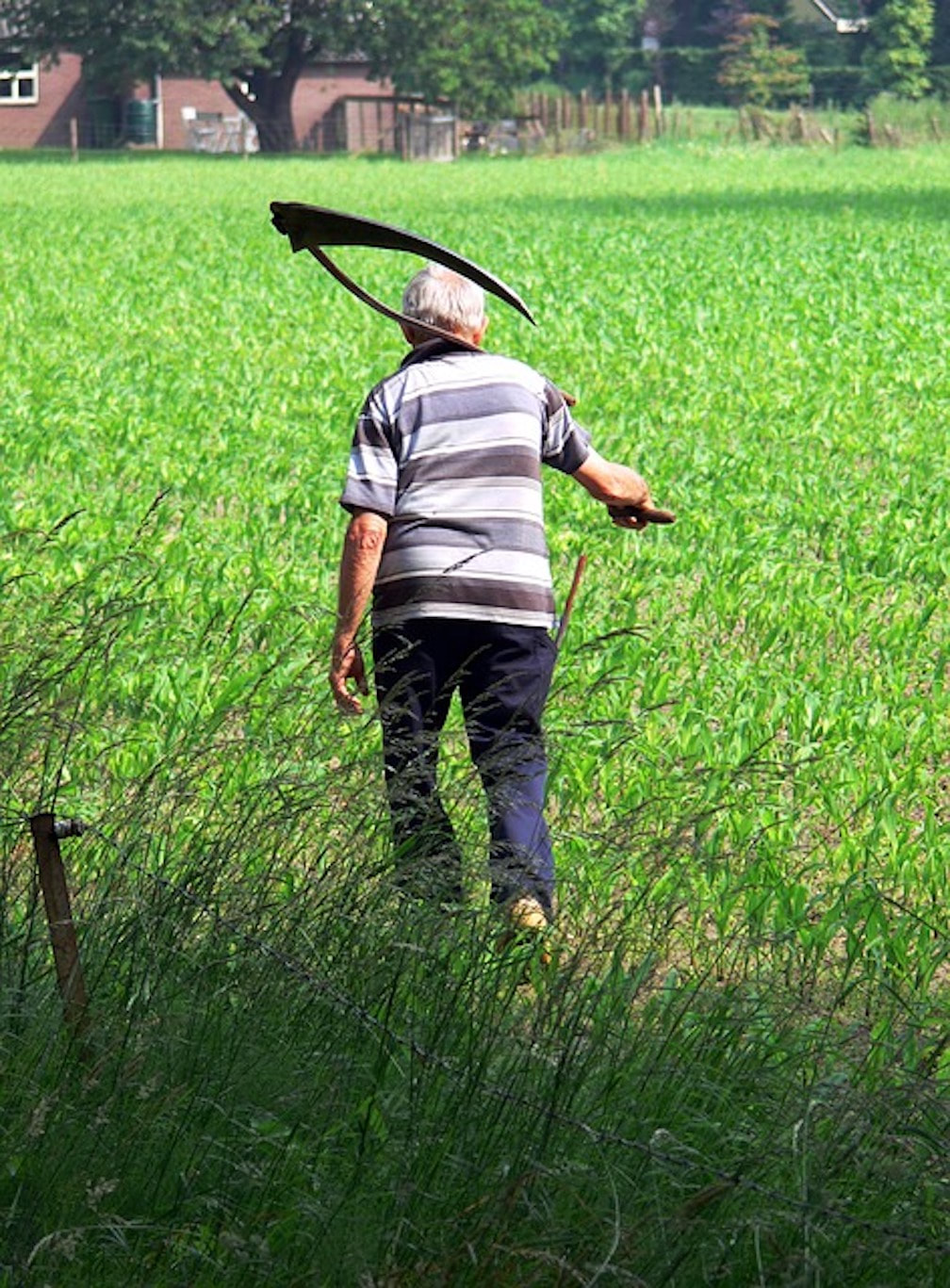
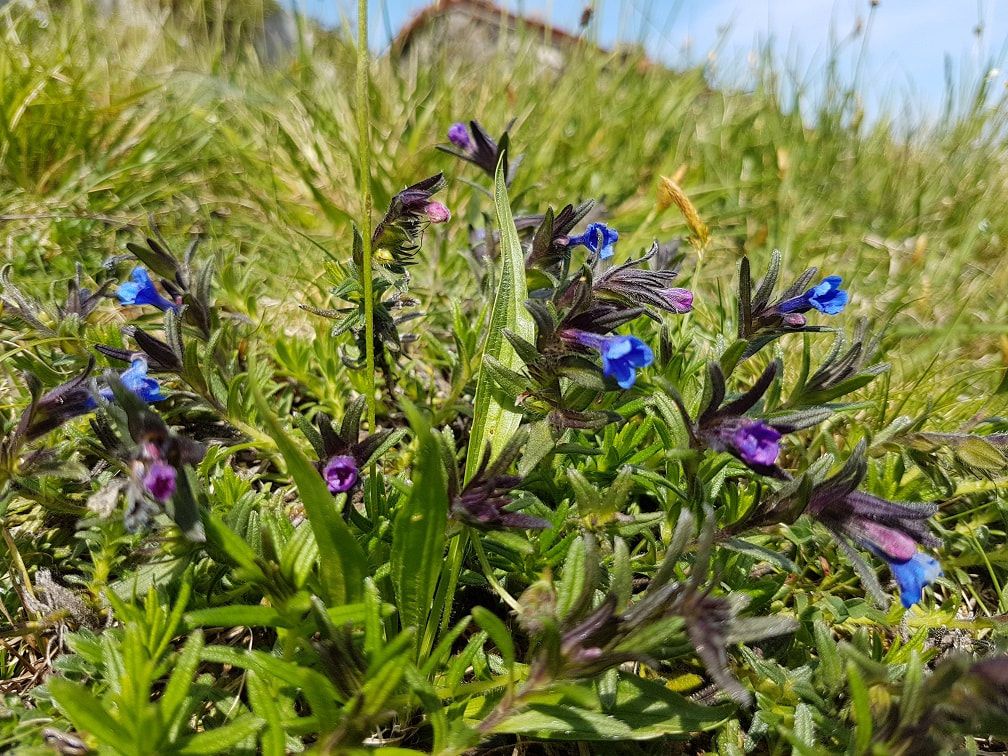
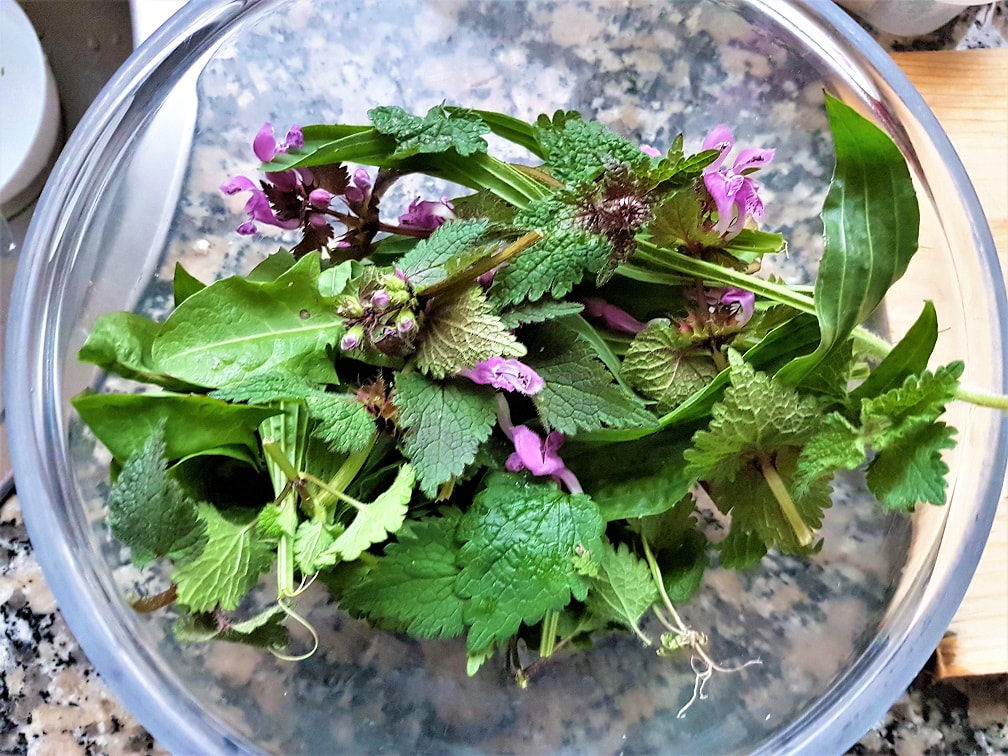
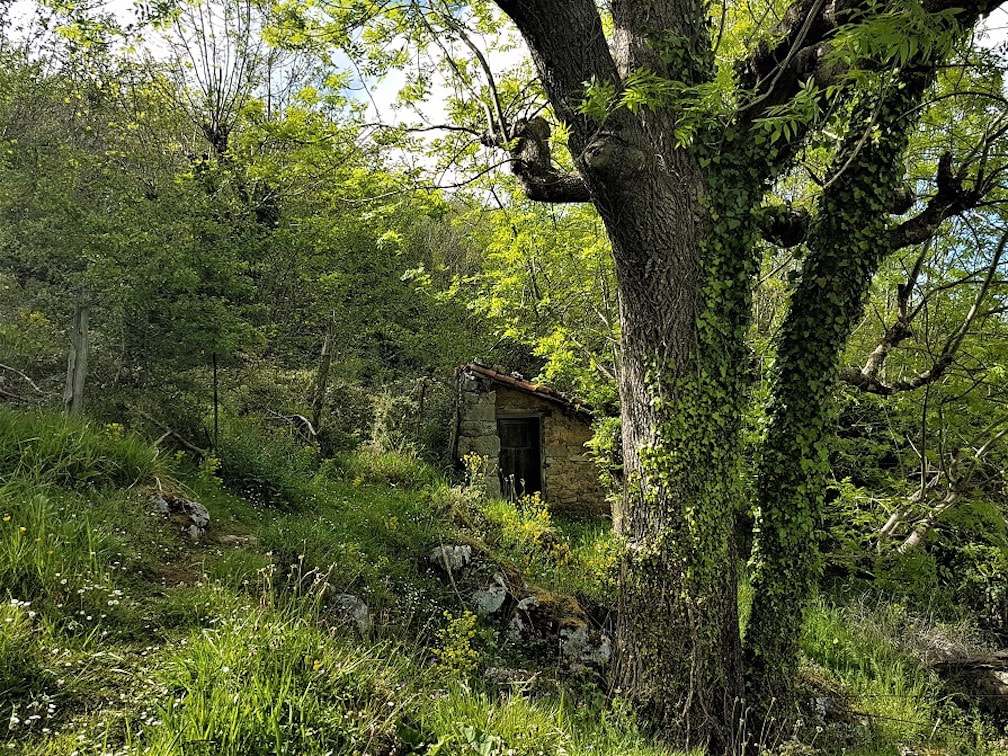

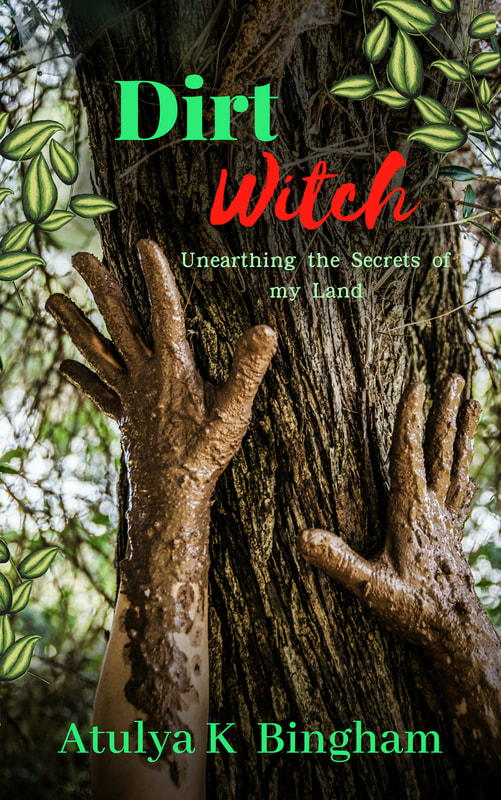
 RSS Feed
RSS Feed
